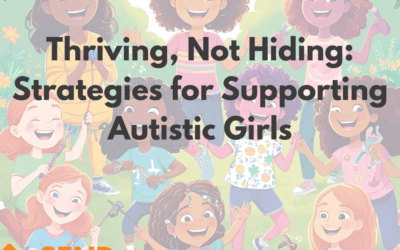When we think about building the firm foundations of basic reading and writing skills three ‘ph’ terms often spring to mind: phonological awareness, phonemic awareness and phonics. Phonological awareness and phonemic awareness are auditory and oral. The focus is upon the sounds in the words. Phonics, in contrast, focuses upon the letters that the sounds represent. Put simply, phonics involves print.
When we ask our pupils to rhyme, blend smaller words to make a compound word, break words into syllables or onset-rime, we are working at a phonological awareness level. Phonemic awareness is the understanding that spoken words are made up of individual sounds called phonemes. A phoneme is the smallest unit of sound that we hear in a word – a sub-category of phonological awareness. For example, the three sounds /c//a//t/ can be blended to make the whole word cat.
Lack of phonemic awareness is a very common reason why pupils struggle to develop reading and spelling skills. Not providing explicit phonemic awareness teaching can lead to many pupils lacking the understanding that words are made up of individual sounds. Language is learnt naturally by listening to speech and words, hearing individual sounds in words is not as natural. We don’t speak in individual sounds, instead, our speech is co-articulated and we hear whole words in oral language. If we begin teaching reading and writing skills without working on phonemic awareness ultimately phonics won’t make sense.
It is crucial that we scaffold our pupils to develop phonological awareness so that they can develop the required skills to hear, hold and manipulate sounds. These are crucial skills in the development of segmenting, blending and manipulating.
How can we support the development of these skills?
- Remember to revisit very early skills such as: discriminating between sounds that can be heard in the environment, identifying the number of words in a sentence that is shared orally, recognising and sorting objects that start with the same sound, isolating and saying the first, middle and end sounds in three letter words, segmenting words into their separate sounds, blending given sounds to make a word and deleting sounds (pat without the p for example).
- Sing lots of nursery rhymes, enjoy rhyming poems, formulate alliterative strings of words and rhymes and explore nonsense words.
- Clap syllables in words.
- Separate words into onset and rime.
- Go on treasure hunts for items that start with particular sounds.
Note that all of these activities do not involve looking at print or writing anything down. Most of all, have fun – create a love for exploring sound!

